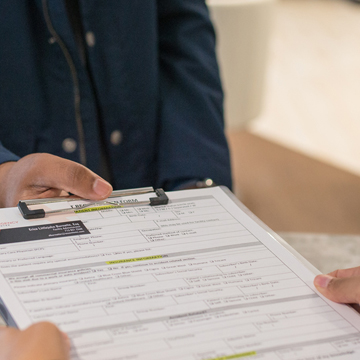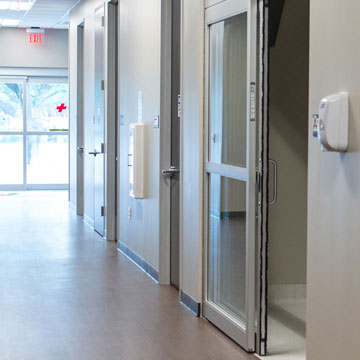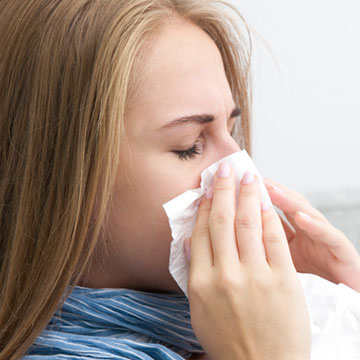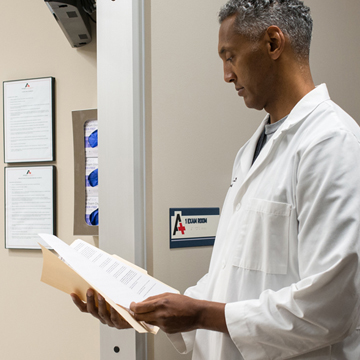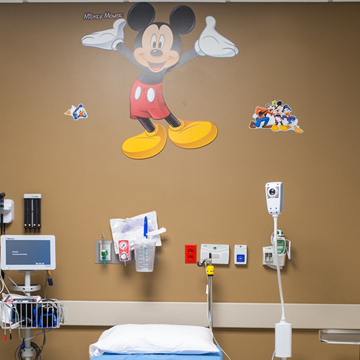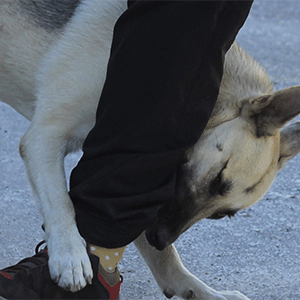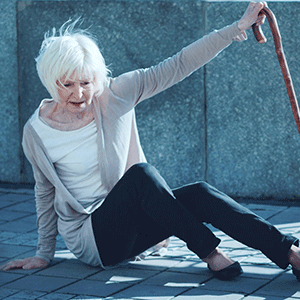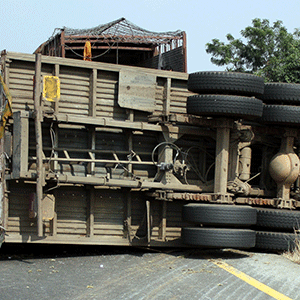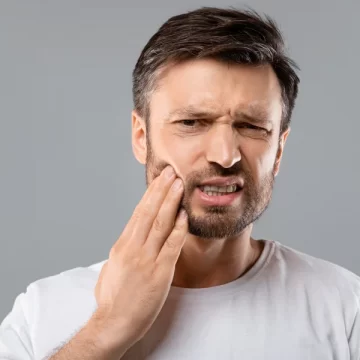RSV Treatment in Houston, TX
What is RSV and How is it Transmitted?
Respiratory syncytial virus (RSV) is a contagious virus that infects the respiratory system. RSV affects people of all ages, although it is more frequent in children and can be severe in newborns, elderly adults, and those with impaired immune systems.
RSV is transmitted through respiratory secretions that are expelled when an infected individual breathes or sneezes. It can also be transmitted by contacting contaminated surfaces, such as toys or doorknobs, and subsequently stroking your face. Direct contact, such as kissing or hugging someone with RSV, increases the risk of transmission.
The virus is most contagious in its early stages, even before noticeable symptoms appear. In order to mitigate the risk of infection, it is imperative to implement preventive dental measures, such as disinfecting surfaces, averting close contact with ill individuals, and performing regular handwashing.
Diagnosis of RSV
Diagnosing RSV involves evaluating symptoms and, when necessary, performing specific tests. Because RSV symptoms often resemble the flu or a common cold, accurate diagnosis is crucial for effective treatment.
Physicians often start with a physical examination to identify indicators of respiratory distress, such wheezing or difficult respiration. Common diagnostic tests include nasal or throat swabs to detect RSV antigens or RNA. Rapid tests offer results quickly, while PCR tests provide more precise confirmation, especially in severe cases.
For high-risk patients, chest X-rays may be used to rule out complications like pneumonia or bronchiolitis. Early diagnosis helps ensure timely treatment, especially in infants and individuals with underlying health conditions.
Complications Associated with RSV
While RSV usually causes mild cold-like symptoms, it can lead to serious complications in vulnerable individuals. Common complications include bronchiolitis, pneumonia, dehydration, and, in severe cases, respiratory failure.
The most vulnerable demographics are infants, elderly adults, and individuals with compromised immune systems.
Prompt medical attention is vital to prevent severe outcomes and manage complications effectively.
Expert RSV Care in Houston – Available 24/7 at Ascent EMC
Don’t let RSV put your loved ones at risk. Our experienced medical team provides personalized care for all ages, including advanced treatment for severe RSV symptoms. Visit Ascent EMC anytime—open 24/7 for immediate assistance. Call now or walk in today!
FAQs
RSV, or Respiratory Syncytial Virus, is a respiratory infection that is prevalent and typically results in mild cold-like symptoms. However, it can be severe in neonates and elderly adults.
RSV transmits via direct contact with the virus, particularly when droplets from an infected individual’s cough or sneeze come into contact with the eyes, nose, or mouth. The virus can also be transmitted by contacting a contaminated surface and subsequently touching one’s face.
Severe RSV illness is more likely in infants, elderly adults, and people with chronic respiratory, heart conditions, or weakened immune defenses.
Common symptoms include a runny nose, loss of appetite, coughing, sneezing, fever, and wheezing. In very young infants, symptoms may also include irritability, decreased activity, or apnea (pauses in breathing).
Healthcare providers can test for RSV using a nasal swab to detect the virus.
Yes, vaccines help protect older adults from severe RSV, while pregnant individuals and young children can receive monoclonal antibody treatments for added protection.
Treatment is primarily supportive, including managing symptoms and, in severe cases, hospitalization may be required.
To reduce the risk, wash hands regularly, disinfect commonly touched surfaces, and limit close contact with those who are ill.
Yes, adults can contract RSV, and it may pose serious risks, particularly for seniors and individuals with underlying health conditions.
Most people recover in a week or two, but some may experience more severe illness requiring medical attention.
Seek medical attention if you or your child has difficulty breathing, not drinking enough fluids, or experiencing worsening symptoms.
Yes, RSV can lead to bronchiolitis or pneumonia, especially in infants and older adults.
Yes, RSV spreads quickly through respiratory droplets and contact with contaminated surfaces.
Yes, it is possible to be infected with RSV multiple times throughout your life.
Severe RSV infection during infancy may increase the risk of developing asthma later in life.
Other Services
Are you looking for an emergency room in Houston, TX? At Ascent Emergency Room, we care about your health and their emergency needs. We are located just a little away from you and provide exceptional and comprehensive emergency care appointments for the surrounding Houston area:
- (Southampton) University Place
- Rice Village
- Bellaire
- Old Braeswood
- Gridiron
- Brookhaven
- Southside
- Riverside Terrace
- Greater Third Ward
- Greater Eastwood
- East Downtown
- Midtown
- Montrose
- Westmoreland Houston


